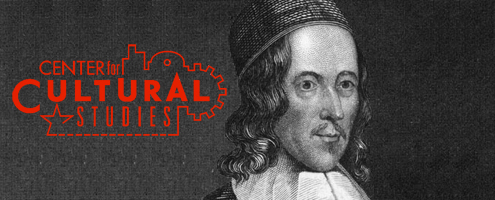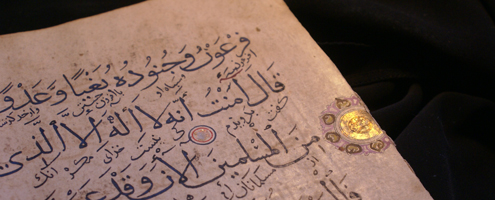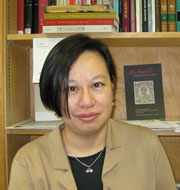Professor Greene’s current research interests include the ethics of reading, material textual studies, and the history of the category of the literary, and her two primary archives are seventeenth-century literature and poststructuralist philosophy. This talk explores the heart as a figure for the porosity of being in the poetry of George Herbert, and the ways faith and writing render Herbert, in the words of Jean-Luc Nancy, “closed open.”
Jody Greene is Associate Professor of Literature at UCSC.










